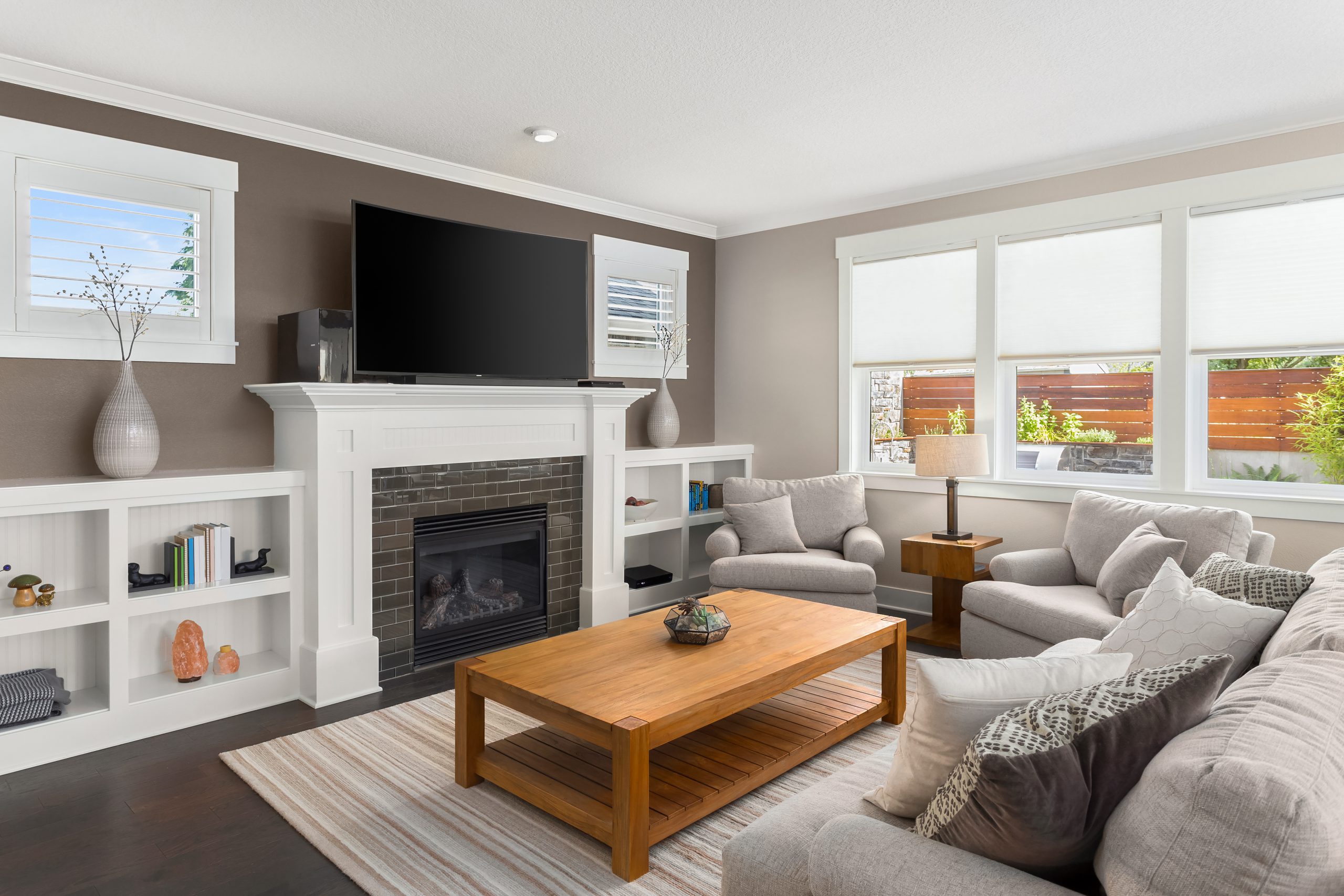
If I asked you to describe a remodeling project for your home, I’d guess that you might offer one of two visions.
The first might be a beautiful open-planning living area with a huge TV on one side of the space and a gleaming kitchen on the other. A second might be a home cloaked in dust sheets with an orchestra of drills and hammers as your backdrop.
Of course, both visions are real. The price of a beautiful upgrade is the domestic chaos that construction work inflicts.
Many buyers currently in the real estate market, especially those seeking their first home, are willing to trade this temporary anarchy for a lower price.
That’s because buying a fixer-upper is a great way to break into the property market or to purchase a more substantial home that would be beyond your price range if it was in excellent condition.
However, construction is not cheap, and unforeseen problems can blow-out your budget. So even if you buy a run-down property, there’s no guarantee you’ll come out ahead. Consequently, you need to do the math and be confident in your investment decision.
As an experienced real estate agent, I’ve observed the most successful upgrades are achieved by owners who double-down on their finances. They know what they can afford and how to pay for it. This takes away so much stress during construction.
It can help to put aside an extra 15-20% of the remodeling cost for any problems or overruns that may occur. Below is a list of financial options to pay for a remodel together with a few hurdles you might have to jump over.
Loans – If you’re looking to buy a fixer-upper, make sure you apply for a loan that will finance both the purchase and the remodel. In some circumstances, you can pay off a renovation loan over a longer period and at a lower interest rate. Shop around for a deal.
More options – Finance for low-income earners and those with under-performing credit scores can be provided by the Federal Housing Administration. Ask about its FHA 203 (k) policy.
Contractor approval – A similarly generous approach is taken by the Department of Veteran Affairs. There are a few conditions attached. The VA will request that you use an approved contractor, restrict you on the types of improvement you wish to make and even charge a construction fee.
Homestyle – These loans are guaranteed by Fannie Mae, and you’ll need a more conventional credit history to qualify. You can use these loans for not just essential works but enhancement such as landscaping, entertaining areas and even a swimming pool.
CHOICERenovation – These loans are designed to help you pay for upgrades and also to fortify homes against weather events. Freddie Mac guarantees them. If you’re a DIY expert, then you’ll be allowed to carry out some of the work yourself.
Accommodation – Sometimes, it just impossible to live in a home once construction gets under way. If this likely to be your situation, consider asking your lender to ensure your loan covers temporary accommodation costs.
- Note: this article is provided as general information only. Please consult your financial adviser for advice specific to your individual situation.
